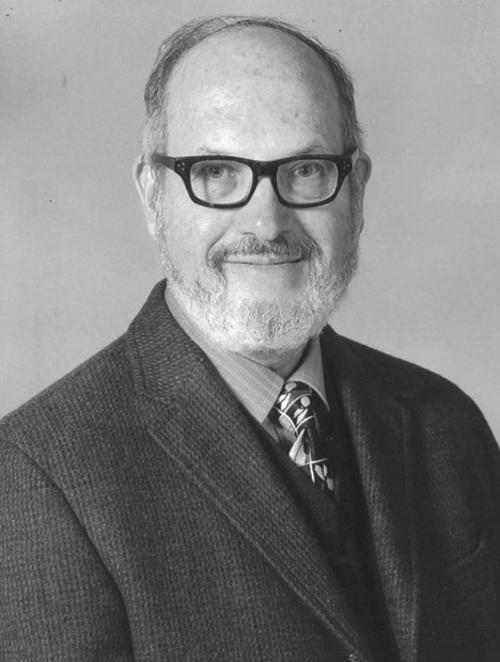Elliott S. Horowitz ’75

The following is an expanded version of a memorial from the Oct. 25, 2017, issue.

Elliott came to us from the Yeshiva of Central Queens (N.Y.) in 1972 as a member of the Class of 1976, after admission to the Class of 1974 and deferral to spend two years of postgraduate study at Kerem B’Yavneh in Israel. He took advanced standing, joining the Class of 1975, and majored in history, writing his thesis under Rudolf Mach.
Princeton introduced Elliott to fencing and squash. (Decades later, he proudly took up boxing.) He was a leader of the fledgling observant Jewish community at Stevenson Hall. In his first year he lived with Paul Epstein ’76 and Jacob Joffe ’76; second year, he roomed near David Shapiro ’75 and Louis Berlin ’76. Among Elliott’s close friends were David ’75 and Jane Sherwin Shapiro ’76 and Jonathan Bush ’75.
Elliott and Pamela Kuflik were married before his senior year and lived off campus. They later had three sons, Moshe, Dov, and Avishai, and a daughter, Ateret, before the marriage ended. Elliott and Netty Gross were married in 2009.
Elliott earned his Ph.D. in religious studies at Yale in 1982. Taking his young family, he made aliyah to Israel, joining the faculty of University of the Negev and, later, Bar Ilan University.
He is widely reckoned to have been among the first scholars to combine the critical tools of modern cultural and social history and anthropology with a deep and personal knowledge of traditional Judaism, though he would have modestly preferred to cite such models as Jacob Katz. With his perspective as both outsider and insider, Elliott published widely on Renaissance Italian, Central European, Zionist, and later, imperial British history, with innovative studies focusing on outsiders, forbidden rituals, cultural borrowings, and travelers — leading to visitorships at Harvard, Yale, Rutgers, Johns Hopkins, Princeton, Toronto, Penn, and Oxford. He counted among his close friends Anthony Grafton and Natalie Zemon Davis, both leading figures in the Princeton department of history.
A restless, cultured intellectual, pious yet politically progressive, Elliott moved among professorships, with homes in Jerusalem, the Poconos, and New York City. He was a keen observer of categories, differences, and influences and had a delightfully sharp, cerebral sense of humor. He became an Anglophile and an art collector. He loved good Scotch and fine clothes; watching the New York Giants and Mets and pro basketball on television; and listening to 1960s jazz and rock, as well as to liturgical and classical music, especially string concerti and Mahler. He was generous to friends and charities — and at least one of his philanthropic activities has been described online by journalist Gershom Gorenberg. He was proud of his children and adored his grandchildren.
In addition to his four children and his widow, Netty, Elliott leaves his mother, Edith; two brothers; three daughters-in-law; 10 grandchildren; and friends in three continents. To all, the class extends its condolences.
Paw in print

February 2026
Lives Lived & Lost in 2025, Saying ’yes’ to more housing; AI startup stars



No responses yet